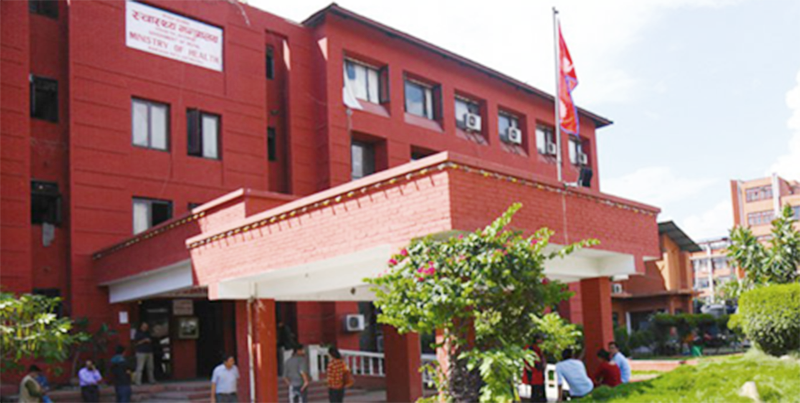COVID-19 cases highest among youths
Kathmandu, June 11
A majority of people who have tested positive for coronavirus across the country are youths. Nepal has reported 4,614 cases of coronavirus till date since the infection was first reported in the country in January.
According to data provided by the Ministry of Health and Population, as many as 1,792 persons from age group 21-30 years have been infected with the contagion. A total of 1,195 persons in the age group 11-20 years and 975 persons in the age group 31- 40 years have tested positive for the virus.
“In our country more youngsters are infected with the virus because the infection has been seen among those who returned from India and other countries. Most of the migrant workers who returned from India have tested positive for the coronavirus.
This is the population with strong immune system. That's why, we don’t have much severe cases till now,” said Anup Bastola, consultant tropical medicine at Teku-based Sukraraj Tropical and Infectious Disease Hospital.
The infection has not yet spread at community level. Therefore, number of infection among elderly people is low. Closure of schools has also prevented the spread of infection among children, he added.
According to the Ministry of Health and Population, only one female aged above 80 years was infected with the virus. Nine persons aged between 71 to 80 years have tested positive for the virus.
“Prolonged lockdown in the country has prevented the infection spread, but with an ease in the lockdown there are high chances for the elderly population to be infected as people will start moving around out of their homes.
“There are chances that people from hot spot areas such as Tarai will visit Kathmandu. If a youth going out from home doesn’t practice preventive measures, then s/he may transmit the virus to elderly persons staying at home,” said Dr Bastola. "It has been difficult for the developed countries to take care of elderly population infected with coronavirus.
Similar situation may surface in Nepal if we do not take necessary precautions to avoid the infection in the days to come."
Providing treatment will be difficult If the elderly population is infected. Frequent handwashing, maintaining physical distance, wearing face masks, avoiding touching of eyes and nose will help prevent from contracting the infection. The hospitals must have infection control mechanisms to prevent the spread of the contagion, according to Bastola.
As the elderly people and those with chronic illness, including heart problems, diabetes and high blood pressure visit the hospital regularly for their health check up, necessary steps ought to be taken in the days to come to prevent them from being infected.
Health centres should not be a breeding centre for the virus spread or transmission. The health practitioners must wear personal protective equipment. The youth should act as a role model to prevent the possible transmission of the virus from them to the elderly population, the doctor said.
A version of this article appears in e-paper on June 12, 2020, of The Himalayan Times.






